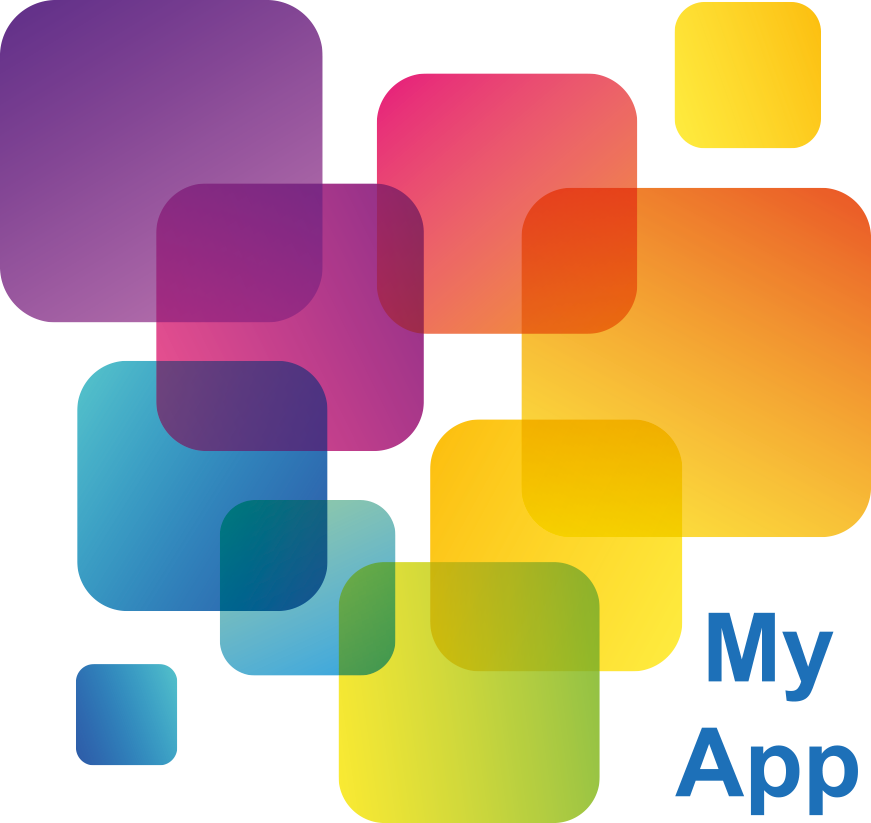There are different types of depression, and there are some conditions where depression is a symptom. These conditions include:
Clinical Depression
This is the formal name that doctors give depression when they make a diagnosis. They may say that you’re going through a ‘mild’, ‘moderate’ or ‘severe’ episode.
Chronic Depression
This is when you are experiencing continuous mild depression that lasts for over 2 years. Also sometimes called persistent depressive disorder or dysthymia.
Manic Depression
It is another name used for bipolar disorder. It is not the same illness as depression, but people with bipolar disorder experience periods of depression as well as periods of extreme highs.
Psychotic Depression
If you experience a severe episode of depression, you may get hallucinations or delusions. These symptoms are called psychosis. A hallucination means you might hear, see, smell, taste or feel things that aren’t real. A delusion means that you might believe things that don’t match reality.
Prenatal or Postnatal Depression
Prenatal depression occurs during pregnancy, it may also be called antenatal depression.
Postnatal depression occurs after becoming a parent. It can affect both men and women.
Seasonal Affective Disorder (SAD)
If you have SAD, you’ll experience depression during particular seasons, or because of certain types of weather. You might find that your mood or energy levels drop when it gets colder or warmer or notice changes in your sleeping or eating patterns.
It will affect you at the same time of year every year. It’s most common during the winter.


